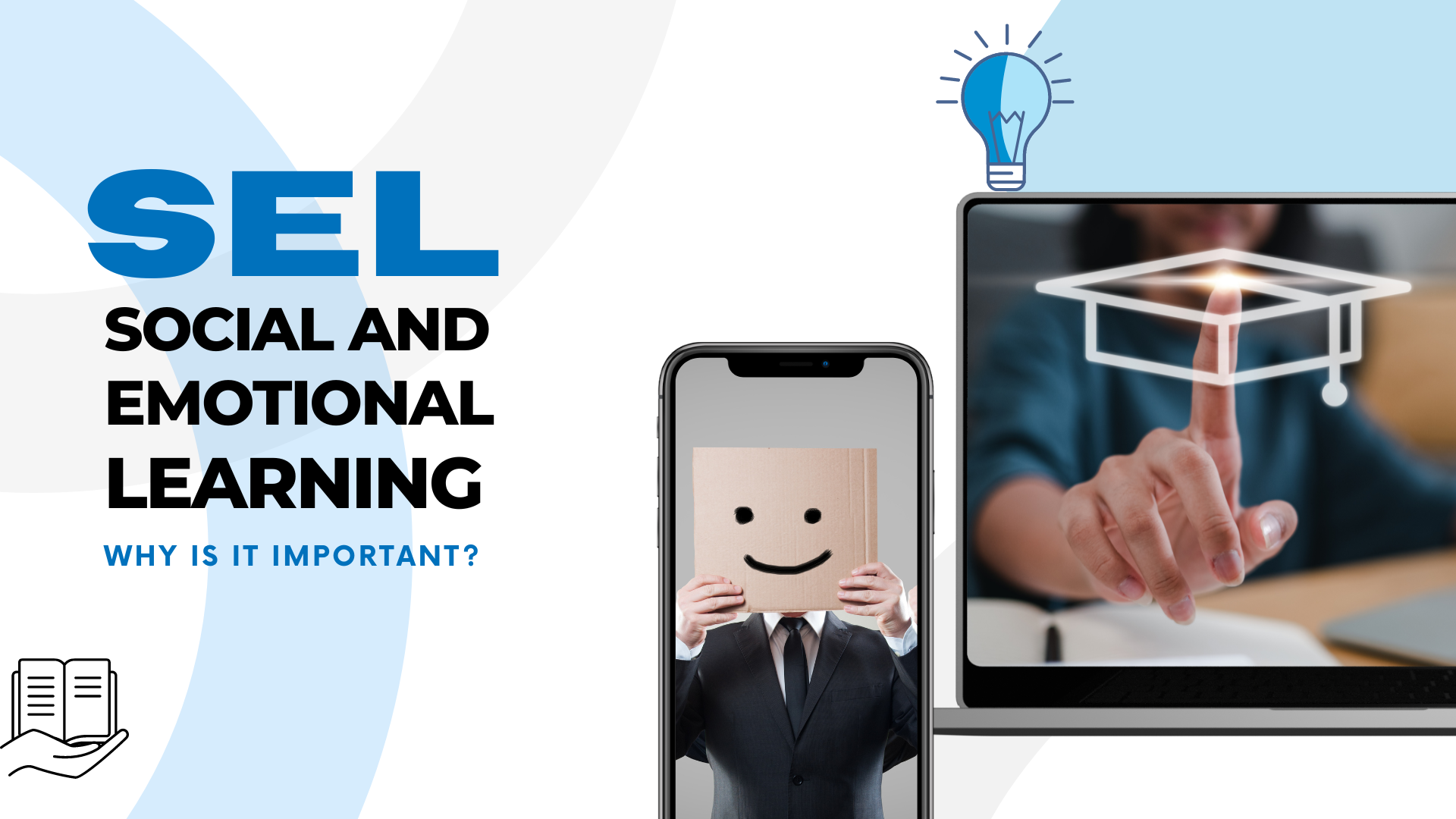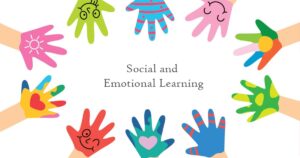
Home » What is SEL and Why is it Important?

In the realm of education, a concept gaining significant traction and recognition is Social and Emotional Learning (SEL). While traditional education has long focused on academic achievement, SEL advocates for a holistic approach that emphasizes the importance of fostering social and emotional skills alongside cognitive development. But what exactly is SEL, and why is it gaining such widespread attention? Let’s delve deeper into this important topic.
Social and Emotional Learning, often abbreviated as SEL, refers to the process through which individuals acquire and apply the knowledge, attitudes, and skills necessary to understand and manage emotions, set and achieve positive goals, feel and show empathy for others, establish and maintain positive relationships, and make responsible decisions.
SEL encompasses five key components:

To effectively integrate SEL into education, schools and educators can adopt various strategies and practices:
Conclusion:-
Social and Emotional Learning (SEL) is not just a buzzword in education, it is a fundamental component of fostering well-rounded individuals who are equipped to thrive academically, socially, and emotionally. By prioritizing SEL in schools and classrooms, we can empower students with the skills they need to succeed not only in school but also in life.
Empower future generations at Lingaya’s Vidyapeeth M.Ed. program! Pursue your master degree in Education from Delhi NCR’s best university. Develop your teaching expertise & explore trends like SEL, STEM program etc. Join our vibrant learning community & make a lasting impact.
From
Dr. Pallavi Gangwar
Assistant Professor & NSS Program Coordinator
School of Education
Lingaya’s Vidyapeeth
Best M.Ed Colleges in Delhi NCR
May 8, 2024
RECENT POSTS
CATEGORIES
TAGS
Agriculture Agriculture future AI Architecture artificial intelligence Bachelor of Commerce BA English BA Psychology BTech AIML BTech CSE BTech Engineering Business management career Career-Specific Education career guide career option career scope Civil engineering commerce and management Computer Science Computer science engineering Data science degree education Engineering Engineering students English Literature english program Fashion Design Fashion design course Higher Education Journalism journalism and mass communication law Law career Machine Learning Master degree mathematics MBA MBA specialization Mechanical Engineering Pharmacy Psychology Research and Development students
University Address: Nachauli, Jasana Road, Faridabad, Haryana
For Admissions :
Toll Free: 1800-120-4613
Mobile : 8447744303 | 8447744304 | 8447744306 | 8447744309
8700003974 | 8700003411 | 8700003749
Address: C-72, Second Floor, Shivalik, Near Malviya Nagar,
Above HDFC Bank, New Delhi 110017
Landline No. - 011-46570515 / 45138169 / 41755703
Mobile No. - +91-7303152412 / +91-7303152420 / +91-9311321952
Jagmani Kutir, Ground Floor, Road No-1, Rajeev Nagar,
Near Darbar Marriage Hall, Patna-800024, Bihar
Contact No: 9818352069/ 8130120095
Mail: kanhaiya@lingayasvidyapeeth.edu.in
Copyrights © 1998 - 2025 Lingaya's Vidyapeeth (Deemed To Be University). All rights reserved.
It is important to note that the following email IDs and domains are fraudulent and do not belong to our university.
LV only conducts physical/online verification of any document related to examination on the following email id: